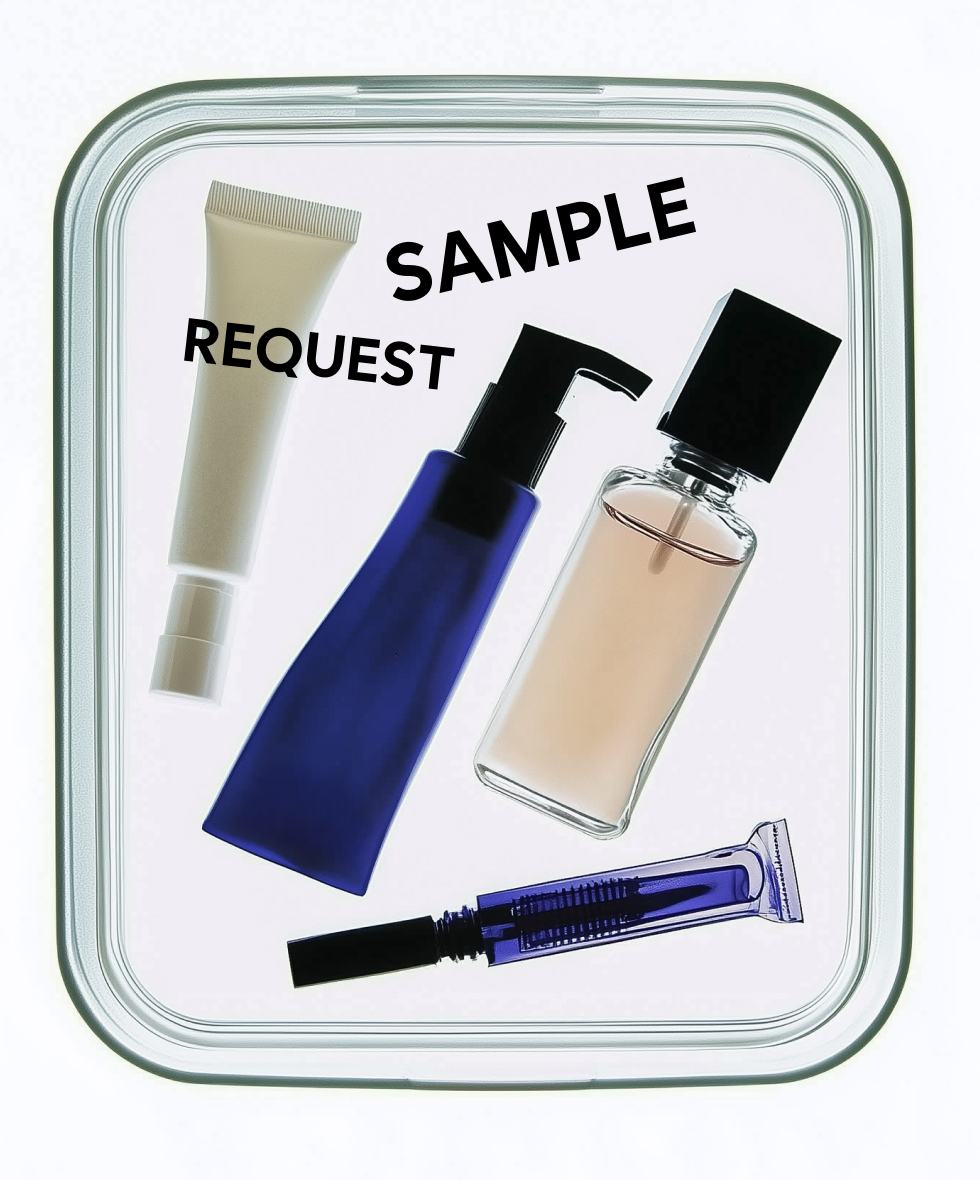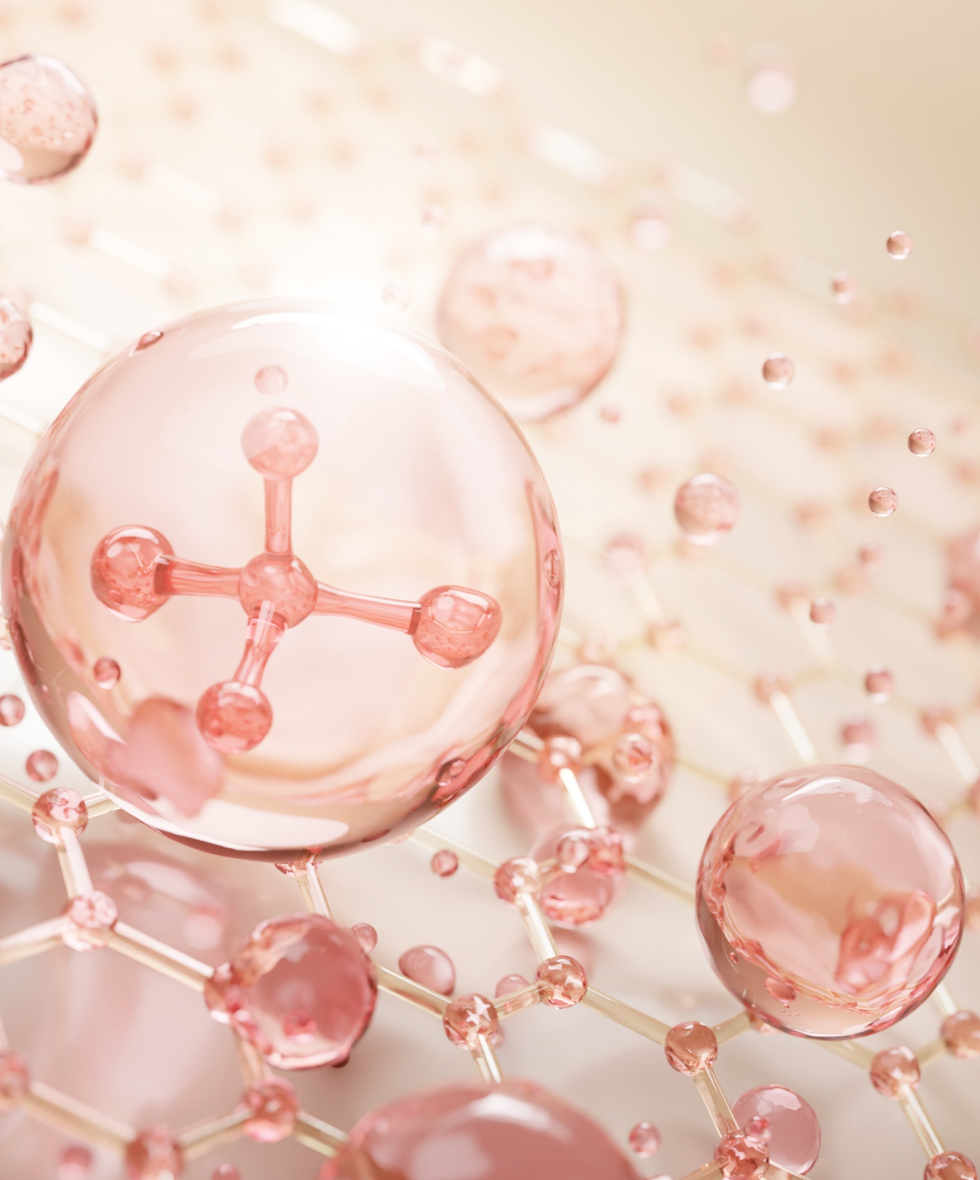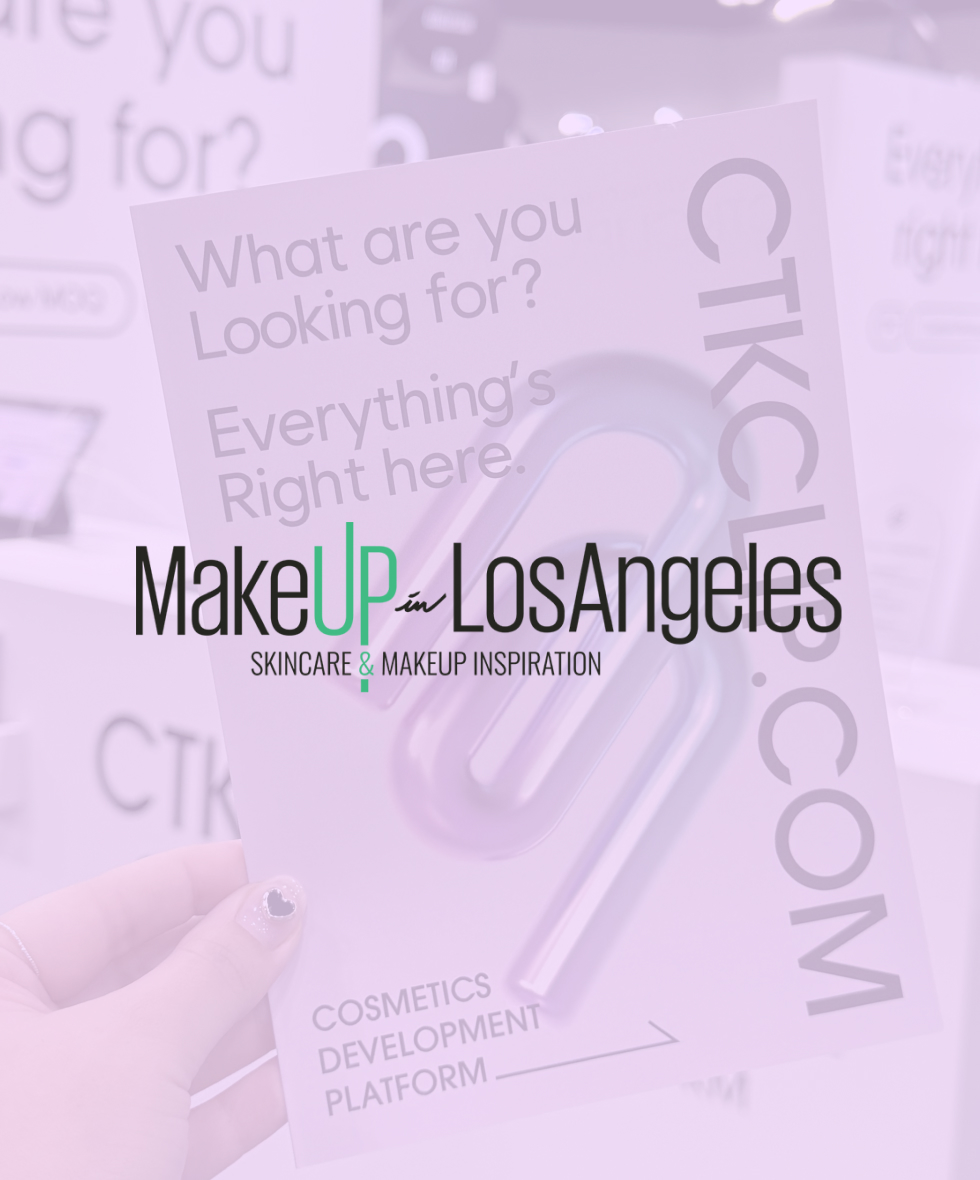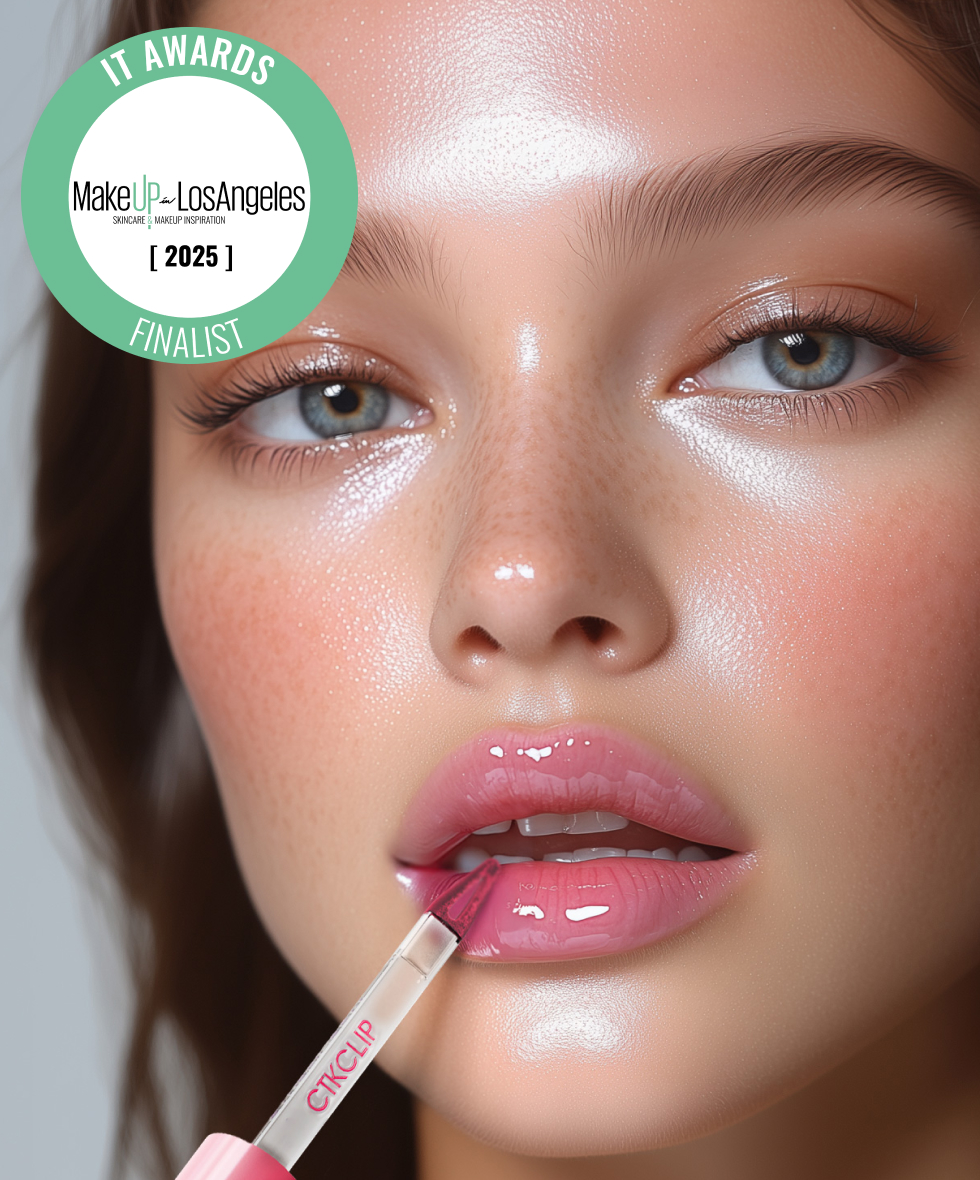EXPERTS TALK
The Non-Negotiables
CTK's Mr. Incredible - Samuel
Can’t find what you are looking for? Drop us an ‘Inquiry’ and we will reach out shortly!
InquiryEXPERTS TALK
The Non-Negotiables
CTK's Mr. Incredible - Samuel
_20230620151916.jpg)

Meet Samuel. The man with the authority to make decisions and take action to address quality issues before they hit the market and potentially harms thousands of consumers and well, your brand reputation.
Thank you for taking the time off for this interview Samuel! Why don’t you share a little about yourself to our readers?
Hello, this is Samuel from CTK Quality Management Department, would like to greet our readers through CTKCLIP. As the head of the Quality Management Department, my main responsibility is to ensure that CTK’s products meet the highest standard of both quality and safety. With more than 15 years of experience in the pharmaceutical and cosmetics industries, I have built extensive knowledge and expertise in quality assurance, quality management, regulatory compliance, and risk assessment. I am also tasked with overseeing the entire quality management process, from the development and production of quality assurance procedures to the management of quality-related issues and collaboration with internal departments at CTK for continuous product improvement. I am committed to providing customers with the best products and constantly striving to ensure that the products we released onto the market sell well without any quality issues. In addition to quality management, my responsibilities also include keeping up with the latest (ever-changing) industry regulations and best practices to ensure that CTK complies with global regulations and stays ahead of the competition. I take joy and pride in working alongside, sharing insights and feedback with our clients.
Can you explain what exactly QA/QC/RA role is in the cosmetics industry?
Quality Assurance (QA): QA is responsible for ensuring that the products being produced meet the required quality standards. This involves setting up quality control processes and procedures to ensure that products are manufactured consistently and meet customer expectations. QA also monitors the production process to identify any potential quality issues and ensures that corrective actions are taken to address these issues.
Quality Control (QC): QC is responsible for inspecting and testing the raw materials, packaging, and finished products to ensure that they meet the required quality standards. QC conducts testing at different stages of the production process to identify any defects or issues that need to be addressed before the products are released to the market.
Regulatory Affairs (RA): RA is responsible for ensuring that the company's products comply with all relevant regulations and laws. This involves understanding the regulations and laws that apply to cosmetics and ensuring that the company's products meet these requirements. RA also works closely with government agencies to obtain any necessary approvals or permits.
What are the top challenges you and your team face in quality management and regulation?
The requirements for regulating global cosmetics ingredients and the quality of cosmetics manufacturing facilities are becoming increasingly stringent, as highlighted by the string of recent announcements from MoCRA (Modernization of Cosmetics Regulation Act of 2022) in United States to the hygiene permits required by NMPA (National Medical Products Administration) in China. Moreover, the regulatory and quality requirements demanded by distribution channels and brands are also constantly increasing, posing significant challenges for regulatory inspections during the product development phase. In other words, companies that manufacture and distribute cosmetics are facing higher levels of scrutiny and more rigorous quality control standards than ever before.
"As a result, it has become increasingly important for these companies to prioritize compliance and quality throughout the entire manufacturing and distribution processes."
So, what are the measures and protocol we have in place to take on such challenges?
CTK- where we pride ourselves as a global cosmetics company, we understand the importance of staying up to date with the ever-changing regulatory changes in the industry. To tackle these challenges, we partner up with cutting-edge regulatory review platforms and invest heavily in product management platforms that are commonly used in the industry. Through these platforms, CTK is better able to effectively monitor changes in ingredient regulations in different countries, ensuring that its product remains compliant with the latest regulations. Additionally, the regulatory review platform allows CTK to evaluate the impact of regulatory changes on-going and past development and make any necessary adjustments to ensure that continued compliance, safety, and effectiveness of its products into the future.

With years of rich experience in this industry, will you share one of the most memorable QA disaster episodes you been through?
It has to be the leansing alm disaster. Picture this: you’ve spent countless months developing the perfect cleansing balm, only to find out that it doesn’t hold up during transportation. The trigger was the significant temperature differences between the port of shipment and the Korean weather. The product had a melting point of around 50 ℃, which was not reflected in the packaging. As a result, the content of the cleansing balm melted during transportation, rendering the entire batch unsafe and unsuitable for sales, ultimately leading to the disposal of the batch of products. While an expensive lesson to learn, this episode highlighted the importance of considering every step of the supply chain when developing and manufacturing products. It is not just about creating a good formula with high-quality ingredients – it’s also about ensuring that the product packaging, storage, and transportation are appropriate and fit for the intended destination. CTK has implemented rigorous quality management processes throughout the entire supply chain to avoid such incidents taking place. This includes evaluating the product’s suitability for different climates and ensuring that the packaging can withstand transportation conditions. By prioritizing quality management at every stage of the supply chain, we are confident that we can avoid such disasters and provide clients with high-quality products that meet all requirements and expectations.
How about words of advice - and common beginner's mistakes to avoid for our readers?
I’d like to advise brands to choose partners who are not only capable of producing high-quality products, but who also adhere to lead times and actively respond to any quality issues as and when they arise, for many a times, quality issues do not happen right away during launch but down the road. So, it is extremely important to find partners who can grow alongside the brand, support the brand when needed, and respond quickly to any changes that may be needed. For new brands, I recommend researching and learning the quality and regulatory requirements of the distribution channels where they plan to sell their products before kickstarting product development. Even if the products are of excellent quality, they may not be able to sell if they don’t meet the required quality standards or regulatory requirements of the distribution channel. Many newcomers to the scene waste resources by having to reformulate their products or developing new product lines because they were not fluent in the quality and regulatory requirements of their target market. CTK has a dedicated regulatory review department that can review the regulatory requirements of about 30 countries, regions, and distribution channels. Equipped with our regulatory management platform, we can monitor the latest regulatory changes continuously and we can inform our customers of any changes in advance. For these reasons, I believe CTK can support brands big or small effectively and be a valuable partner.
EXPERTS TALK
08
JUN
23

BEHIND CTKCLIP
21 MAR 2025

BEAUTY GLOSSARY
07 MAR 2025

BEHIND CTKCLIP
19 FEB 2025

BEHIND CTKCLIP
05 FEB 2025

BEHIND CTKCLIP
17 JAN 2025
Target all stakeholders involved in the company's unethical behavior. However, matters related to slander that are not based on facts and personal privacy that are not related to work will not be included.
- Deceptive advertising, infringement of intellectual property rights, violation of personal information protection
- Corruption, such as workplace harassment, violation of gender equality, embezzlement of company assets, leakage of company intellectual property rights, or unfair use
- Illegal acceptance of money and valuables or unfair acts against partners, collusion with competitors, and fraudulent solicitation of stakeholders
- Manipulation of documents and coefficients, contrary to the interests of shareholders and the company
- Violations of environmental and human rights protection, and win-win violations with local communities
- Other violations of ethical management
The informant's personal information and the contents of the report are protected, and no information is disclosed or implied without the informant's consent.
- You can report the report anonymously.
- However, in the case of anonymous reports, if the content is not specific or the facts are unclear, the investigation may not proceed.
- Violations of informant protection, such as retaliation against informants or providing disadvantages, are strictly punished in accordance with in-house regulations such as employment rules.
- The reporting section is protected by a secure security system, and the reporting investigation is handled under security by a designated person
Collection information: Name and contact information
Purpose of collection: Processing complaints according to reports and replying to the results of processing
Retention period: It is held until the above purpose is achieved, and is not used for any purpose other than confirmation of information.